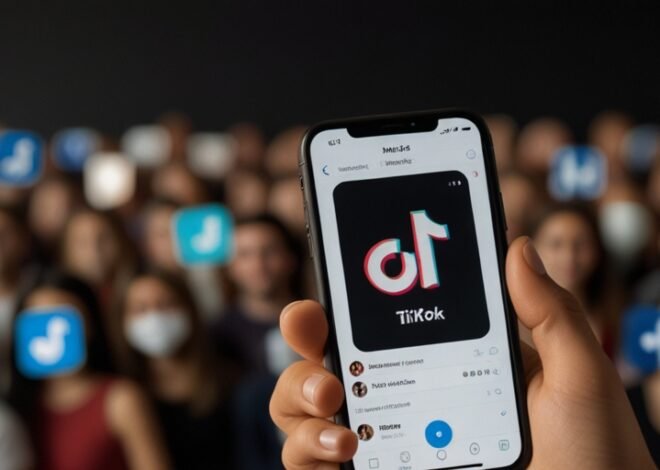
Japan Looks At New Rules For Social Media
There are reports that the government of Japan is planning to introduce new rules about Social Media following the issue of fake news. This decision was made as the level of digitalization in Japan intensifies and the emergence of new formats and types of Internet technologies.
According to insiders, one study group has been identified within MOIAC that has been mandated to look at the issue and come up with potential legislative recommendations. The committee, which includes professionals in law, IT industry, and civil organizations, will discuss whether there is a need for the government to bring change to the social media usage in Japan at the present time.
Another reason for this effort is to combat the newly inauthentic or only of news during various occasions as election periods, disasters, or health quarantines. A number of recent events such as increased amount of conspiracies on the Internet during the COVID-19 situation or misuse of social media in local electionshave made people more concerned with the consequences of unrestricted content posted on social media platforms.
As is now known, the new regulations have yet not been designed but will likely target several areas for development. Measures may include insisting that social media companies enhance the depth of check fact, display political advertisement, and outline appropriate method of tagging material as hurtful and/or fake for removal.
Besides, the committee is currently looking into extending compulsory legal responsibility for platforms that are not handling the misinformation issue adequately. This could in turn lead to various forms of penalties which may include fines and the likes for firms that have not complied to specifics standards of content moderation and user protection.
However, the possibility of the government intervening in this sector has always raised a lot of concern from different players. Those in favor of legislation said such measures are crucial in safeguarding the common good and the entire electoral processes in the era of social media. In this case, they say that Japen can use laws from other nations, namely the Network Enforcement Act in Germany as a reference.
While some people contend that there is potential for economic growth with social media, others on the other side are worried about violation of peoples’ rights to free speech or risk of over control. Various civil societies criticizing the regulations for fear that it will lead to the censorship of free speech and any other valid discussions made on the internet. They also present practical issues of how those thousands of posts created daily on social media can be policed and controlled efficiently.
The tech industry has reacted nervously to the information on possible regulation. Despite pushing such key principles, the larger and immediate social media firms that are based or are in operation in Japan explain their preparedness to cooperate with the government in tackling the menace of mis-information while at the same maintaining innovation and user’s privacy. Several magnates in the industry have proposed that self-regulation and better AI-generated content moderation could work significantly better than legislation.
Thus, to the progress of the work of the committee, the citizens’ attitude to the given issue remains apathetic. According to a poll done by a Japanese daily newspaper, although respondents were most worried about fake news on the SNS, they were divided on weather government intervention was the right approach.
The potential regulations have implications on the status of Japan in the new world digital economy. Hence, since the is one of the most technologically advanced countries in the word, the approaches employed in Japan to address this could in future work as a benchmark to other nations.
The committee is to submit its first report with the proposed measures to the government till the year end. Whereupon any legislation proposed would have to go the parliamentary process which may take severally months or even years.
As Japan tries to sort out this convoluted topic it becomes part of a long list of countries that are struggling to contain social media and fake news. Based on this regulatory effort, it can give a big response on how Japanese society is using digital platform since it tries to find a balance in dạng of freedom of speech and their role as a society to inform the Japanese society with reliable information in the age of fake news.


